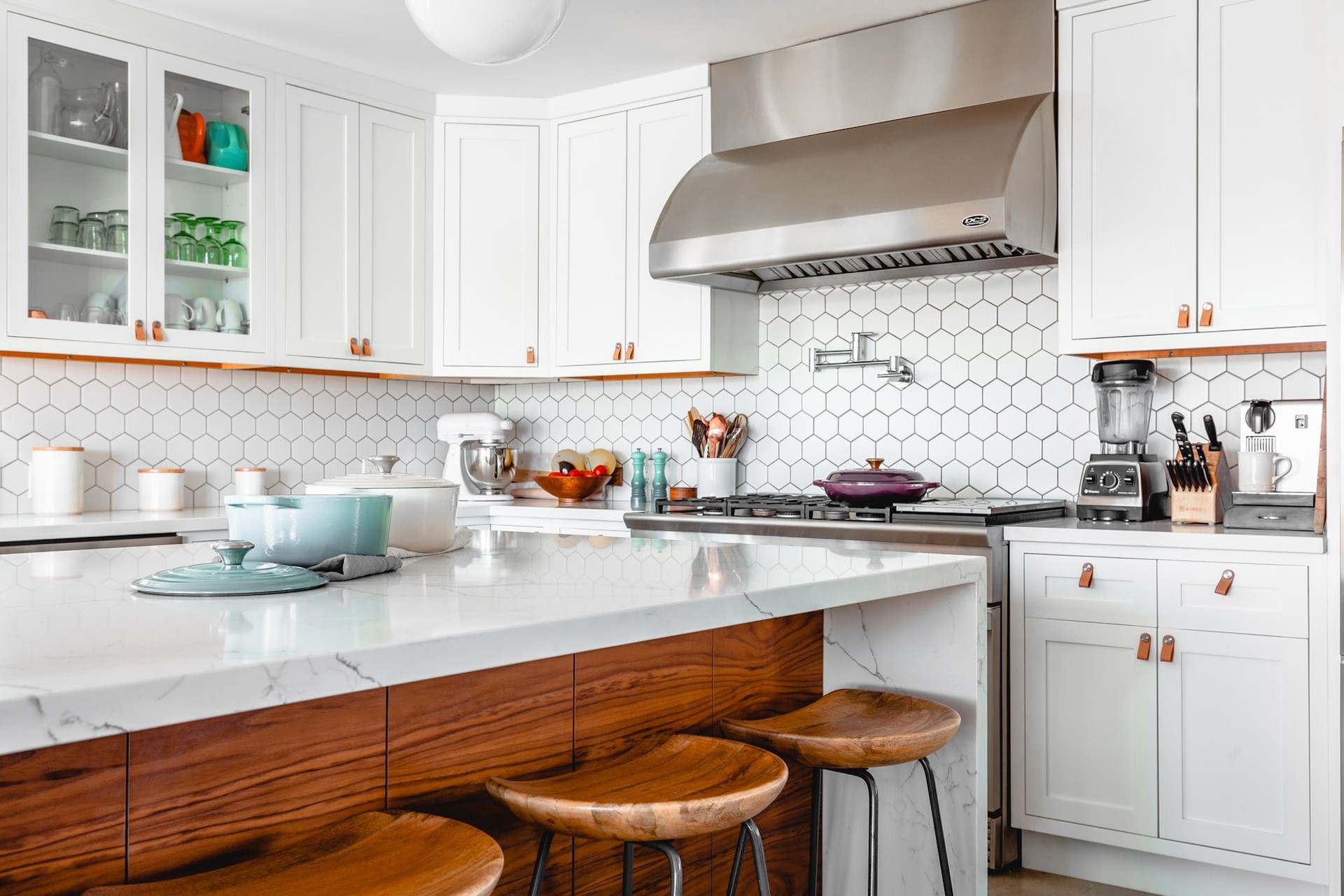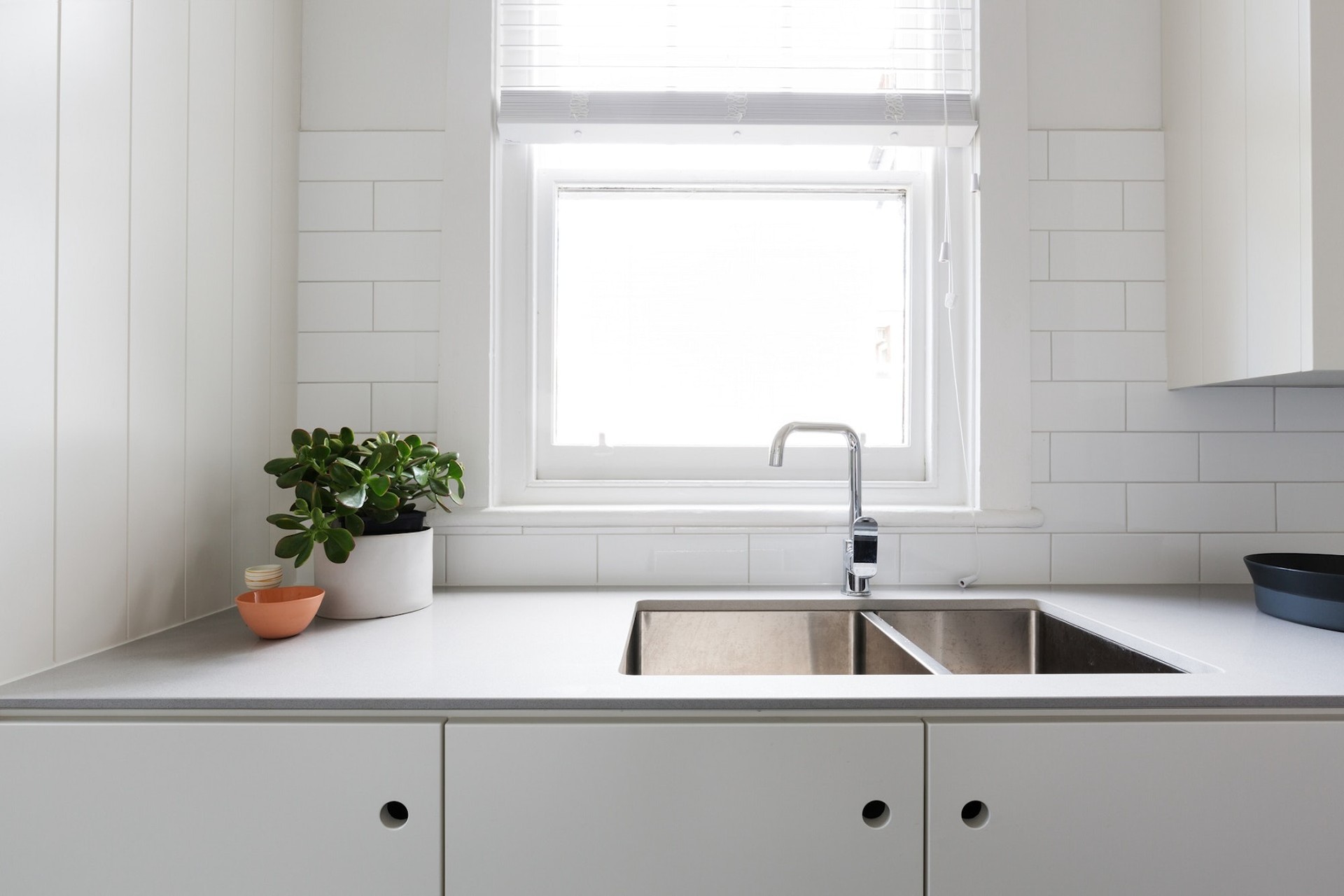Being self-employed has a lot of perks. You have more freedom and flexibility, and get to build and grow your very own business. However, when you’re ready to buy a home, you may find the home loan application process to be more confusing.
Self-employed home buyers often feel like there are more hoops to jump through. The application process can definitely be more involved. But buying a home if you’re a sole trader, freelancer, or self-employed isn’t impossible.
In this article, we’ll provide you with a comprehensive guide on how to navigate the application process as a self-employed borrower in Australia. We’ll cover:
- The differences between traditional and self-employed home loan applications.
- Why lenders view self-employed home loans differently.
- What documentation and information you’ll be asked to provide.
- If you can apply for a home loan as a newly self-employed person.
- What amounts you can expect to borrow.
- What you can do to increase your chances of home loan approval.
So, if you’re ready to make your homeownership dreams a reality, then read on!
What Is The Difference Between The Traditional and Self-Employed Home Loan Application Process?
As a freelancer, business owner, and sole trader, at times, you may have to hustle to make it rain. For this reason, most lenders see self-employed applicants as more of a risk when it comes to defaulting on repayments. This is because the guarantee of a steady and predictable income each month is not always present.
You may be thinking “but my business is booming!” Even so, lenders put the onus on you to provide proof of a self-employed income that will allow you to meet loan repayments over time.
People in traditional work roles with guaranteed paychecks have it easier when it comes to the home loan application process. Proving their income can be as easy as handing over payslips and an Australian Taxation Office (ATO) Notice of Assessment.
As a self-employed individual, you may feel like you’re required to amass a dossier on your life and finances. Wading through years of tax assessments, bank statements, and asset information may have you feeling like you’re being audited.
But being self-employed needn’t prevent you from homeownership. Having all the information at hand can make the process a lot easier. And knowing what options are available can help you to plan and avoid disappointment.
What Types of Home Loans Are Available To Me If I’m Self-Employed?
Let's look at the different types of home loan products you’re likely to come across when investigating your options.
Full Document Home Loan (or, Full Doc Home Loan)
A full doc loan is for those that can provide all required documentation proving they have a steady income, tax deductions taken care of, a good credit score, and the means to make repayments. This type of loan often comes with a lower interest rate because, to put it bluntly, you’re considered less of a gamble.
This type of loan is usually what a pay-as-you-go (PAYG) borrower would apply for. For example, someone in a traditional salaried position at an organisation. However, just because you’re a sole trader, freelancer, or self-employed individual, doesn’t mean you’re not invited to the low-interest loan party.
You may need to provide extensive documentation to prove to the lender you have the means to make your repayments. If you can provide at least 2 years' worth of tax returns, thoroughly document proof of a steady income, prove you are in a good financial situation and have your tax taken care of, you may be eligible for this type of loan. However, this is dependent upon your individual situation, the paperwork you can provide, and the lender.
Low Document Home Loan (or, Low Doc Home Loan)
The low doc loan is, just as it sounds. It’s for those who cannot meet the stringent requirements of a full doc loan. The catch with this type of loan is that you’ll usually have a higher interest rate. This is to offset the risk the lender takes on by approving your application to borrow money.
Regardless of the self-employed, full doc, or low doc status of your application, you will most likely have the following types of home loan products available to you (dependent upon the lender):
- Fixed-rate home loan - You’ll have a fixed interest rate for, most commonly, 1 to 5 years. This is an option for those looking to avoid rising interest rates.
- Variable-rate home loan - You’ll have an interest rate that changes over time, depending on the financial landscape. This is a good option for those that don’t want to be locked into a rate.
- Home equity loan - With this type of loan, you use the equity of existing property as collateral.
- Construction loan - For those looking to build, this loan is used to finance the construction of your property. It can assist in saving on interest as you build.
What Documents Will I Be Asked To Provide For My Self-Employed Home Loan Application?
As a self-employed person seeking a home loan, you’ll be asked for more documentation than a traditional PAYG home loan applicant. Expect to have the following areas of your financial situation looked into.
Verification of Income
A bank lender will want to see verification that you are bringing in enough income to meet loan repayments. Exactly what documents you are required to provide will depend on the lender, their policies, and what type of loan you are applying for (e.g. full doc or low doc). However, these are the types of documents usually requested:
For Prime Loans (with the best interest rates)
- Proof you have an Australian Business Number (ABN),
- 2 years’ worth of tax return statements, financial statements for the business, and
- 2 years’ worth of tax return statements for the business owner,
- 2 years’ worth of Notices of Assessment for the business owner.
- Statements for any other type of income such as investment income, and payslips from a second job if you have a blended income.
- Some lenders are now starting to accept 1 year's most recent Notice of Assessment for the business owner. This is the case where any company debts are in the company name, and the loan can be serviced based on the Notice of Assessment income itself. Not all banks currently do this, but a few are able to accept this.
For Non-Prime Loans (typically with higher interest rates)
- For low doc loans, some lenders will accept a letter from your accountant, self-certification of income, or two most recent Business Activity Statements (BAS).
Credit History
Lenders will check your credit score when you apply for a home loan. On top of this, you may be asked for statements from your credit cards, accounts, and any other loans to show you have a history of meeting repayments on time and can manage your money well. If asked for this, the lender is usually looking for statements from the last 3 months.
Verification of Assets
If applying for a low doc home loan, a lender will most likely ask for proof of equity and assets, such as property value, the total worth of investments, savings account bank statements etc…
Contract of Sale
Many banks will want to see the signed Contract of Sale for the property you are purchasing.
Home Loan Payment History
If you are refinancing a mortgage and moving to another lender, they will want to see 12 months of statements for proof that you are meeting repayment obligations. Also, if you are consolidating credit cards, personal loans, or other types of debt into your mortgage, expect to supply statements for these as well.
Can I Apply For A Home Loan If I’m Recently Self-Employed?
Most lenders and financial institutions require documents to prove successful self-employment for a minimum of 2 years.
There are some lenders that provide low doc home loans where a minimum of 1 year of self-employment is accepted and in some cases, less.
As noted above, with this type of loan, expect to be paying a higher interest rate.
How Much Can I Borrow As A Self-Employed Person?
How much you can borrow usually depends on:
- Your provable track record of income.
- Your home equity (or deposit level).
- Your credit score.
- Your overall financial health including any consumer or business debts.
- How long you have been self-employed.
- How much documented evidence you can provide.
- If you are applying for an owner-occupied or investment property home loan.
- How much the lender is willing to approve based on the value of the property and the above information.
The loan to value ratio (LVR), with is the percentage of the property value your loan equates to, depends on the type of loan your qualify for.
If you are eligible for a full doc loan, you may be able to borrow up to 90-95% of the total value of the property. If you are applying for a low doc loan, you will most likely be borrowing less, say 70-80% or less of the total property value is typical. This means you will need a bigger equity position or deposit if applying for a low doc loan. However, note that this is dependent upon the lender.
If you are purchasing an investment property, many lenders will offer a higher interest rate and lower LVR. This is due to the changing nature of the rental market, which is viewed as a risk by lenders.
What Can I Do To Increase My Chances of Having My Home Loan Application Approved?
Here are a few tips and tricks you can have up your sleeve to increase your chances of home loan approval:
- Look at your taxable income - Tell your accountant of your plans to purchase a new home in advance. You may have a rock star accountant working hard to have you pay less tax. But, this can affect the amount you’re approved to borrow, and if your application gets approved at all.
Lenders will have a good, hard look at your tax returns when making their decision. Most lenders will consider add-backs when making their assessment. Add-backs are stand-out or one-off expenses that can be added back as part of your income. This can potentially increase your borrowing capacity.
Note that different lenders look at add-backs differently depending on their policies. Many common accepted add-backs are non-compulsory superannuation payments, depreciation, abnormal expenses, and larger once-off expenses (like a vehicle). - Get your required documentation ready - Inform yourself of the documents required and have it ready to go. Be thorough.
- Pay attention to your credit history - Keep up to date with your repayments and maintain a healthy credit score. This will greatly affect your chances of qualifying for a loan.
- Carefully choose your lender - Do your homework and go for a lender who is more likely to approve a self-employed borrower’s application. This will reduce the risk of not qualifying for a loan.
- Use a mortgage broker such as YouBroker - get the choice and experience of a reliable mortgage broker. YouBroker can guide you through the process and help you with all the above points. We can assist in choosing the right type of loan and lender for your situation. We are familiar with specific lender policies, requirements, and interest rates and how they apply to a self-employed applicant.
Be sure to check they are fully accredited with an Australian Credit Licence or are an Authorised Credit Representative (ACR) before working with them.
Conclusion
Owning a home when you’re self-employed isn’t a pipe dream. Sure, gathering all the required paperwork and searching for the right lender can be... a lot. But in the end, all of your efforts will be worth it when you move to your very own home.
If the process becomes too overwhelming, know that there are people who can help. If you want to potentially save time, money, and perhaps, a little sanity, it’s worth considering a mortgage broker. They have the experience and insider knowledge to help you successfully piece together the self-employed home loan puzzle.
Looking For A Mortgage Broker?
We understand that applying for a home loan can seem daunting and confusing when you’re self-employed. YouBroker can help you seamlessly navigate the mortgage application and assessment process.
YouBroker is fully accredited and has experience in assisting sole traders, freelancers, small business owners, and the self-employed in the home loan process.
We can help you work out how much you can borrow, what documents you’ll need, and figure out your best home loan options with lender home loan rate comparisons.
As part of our service, we help you understand:
- Your funding position which shows key components such as Stamp Duty, the loan amount, and your downpayment or equity;
- Your property scenario (be that refinancing or purchasing) and what you can afford, or what official value your property is;
- Your borrowing power, including factors such as DTI and Assessment Rates which determine your borrowing power at each home loan lender.
- Analysing what home loan product provider offers the right fit for your goals and needs, with the right mortgage rate.
- Help you to navigate the real estate buying or refinance process, so you stay ahead of each step.
Interested in having the guesswork taken out of the mortgage process? Check out how you can get started with YouBroker.
Remember to select "Self Employed", "Casual" or "Contractor" as you complete your profile.



